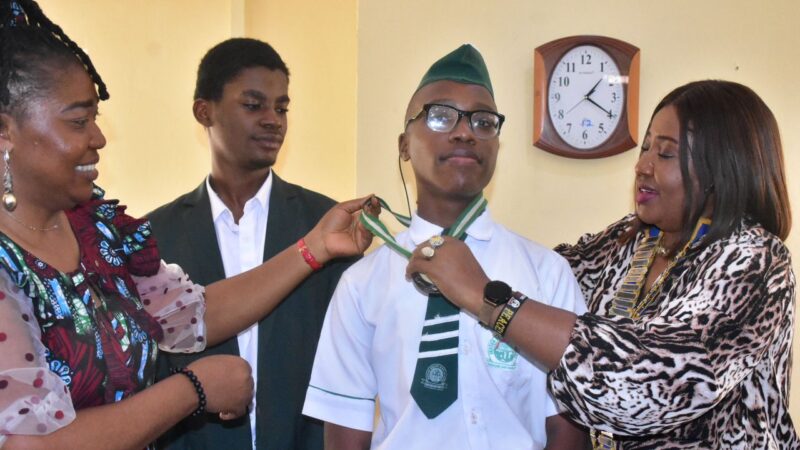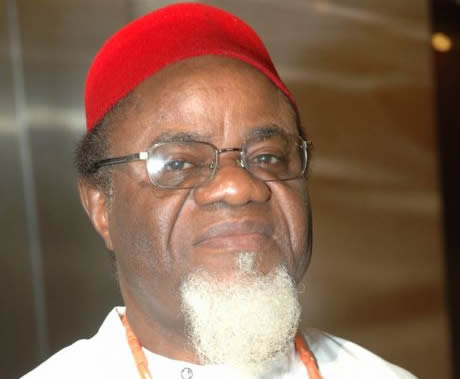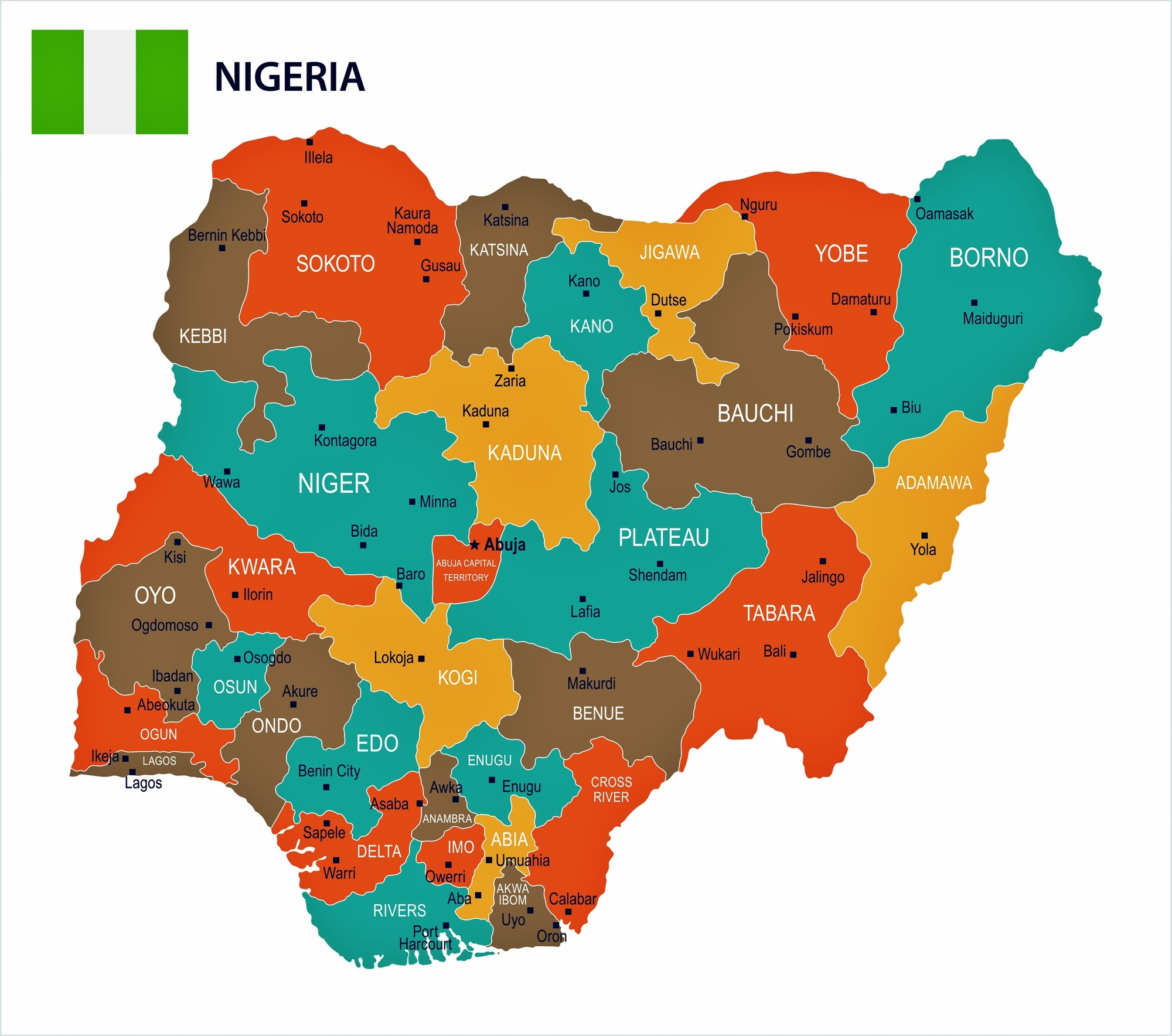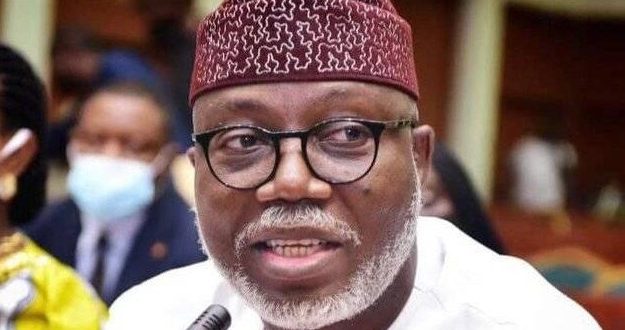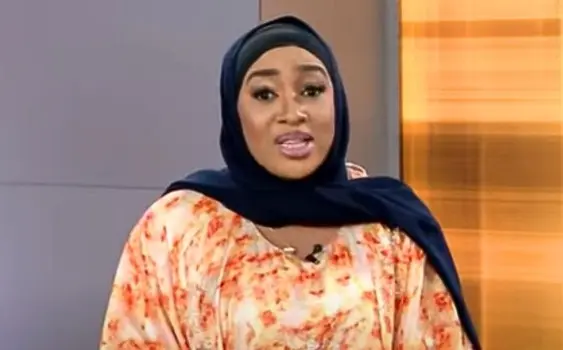Nigeria – Ghana Face – Off And The Issues
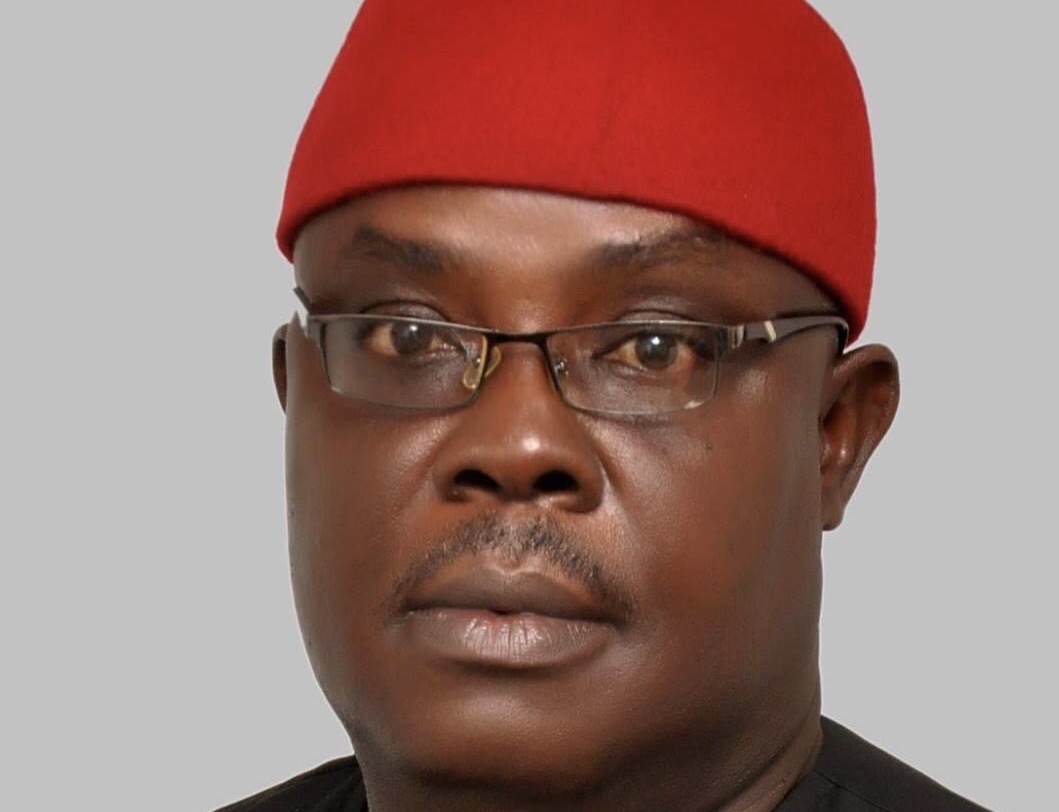

By Emeka Alex Duru
(08054103327, nwaukpala@yahoo.
The diplomatic shuttle by the Speaker of the House of Representatives, Femi Gbajabiamila, to his Ghanaian counterpart, Prof. Mike Oquaye, should ordinarily be seen as a strategic move at easing the tension between the two countries. The Speakers said as much and put up photo appearances that suggested genuine attempts at resolving the trade disputes that had erupted between the countries in the last couple of weeks. But these are mere superficial diplomatic expressions that anyone could take on the face value, to his detriment.
At the heart of the matter are ego and national interest, with the latter, more paramount. A look at the exchanges between the Information Minister, Lai Mohammed and his Ghanaian counterpart, Endkojo Oppong Nkrumah, shows that the issues are deeper than can be expressed in words. For Nigeria, it was a matter of drawing attention to untoward actions against her citizens in Ghana. But for Ghana, it went beyond that; it was a matter of national interest couched in a manner that would elicit appropriate responses.
Mohammed had for instance thundered; “The Nigerian Government is deeply concerned by the incessant harassment of its citizens in Ghana and the progressive acts of hostility towards the country by Ghanaian authorities, and will no longer tolerate such.”
He listed areas of infractions against Nigeria by Ghana to include, seizure of the Nigerian Mission’s property, in clear breach of the 1963 Vienna Convention on Diplomatic Relations, demolition of the Nigerian Mission’s property, aggressive and incessant deportation of Nigerians from Ghana, putting the number of Nigerians thrown out of the country between January 2018 and February 2019, to 825. He also mentioned closure of shops belonging to Nigerians and other unfriendly acts.
Nkrumah responded to all the allegations painstakingly, stressing that the outline of issues by his Nigerian counterpart, was not reflective of the developments in Ghana. He offered explanations on the seizure of the Nigerian Mission property as bordering on non-renewal of Lease after expiration. Nigerians deported, he said, were deviants and criminals of various hues. But he came hard on unfriendly trade policies, accusing Nigeria of being the aggressor by the “closure of Nigeria’s Seme Krake Border from August 2019 to date and the issuance of executive orders by Nigeria’s Presidency, preventing foreigners from getting jobs which Nigerians can do, to mention a few”
The closure of Seme Border, is the crux of the matter. At the time of the closure Nigeria had explained that the aim was to protect local industries from goods being smuggled into the country. The measure has however turned out to be hurting Ghana and other West African countries that transact business along that route. Their argument is that the action runs against the Economic Community of West African States (ECOWAS) protocols on free movement of goods and services by citizens of member nations. Other States like Togo, Benin, Cote d’Ivoire, may not have the carriage that Ghana has in African and sub-regional politics. They can thus grumble and swallow. But for Ghana, the action is akin to stepping on a Tiger’s Tail. It will certainly fight back, applying whatever energy or strategy it can muster. That is the unspoken message in the Ghana-Nigeria face-off.
But beyond that, is a point in the closure of the border that speaks volumes on the consideration Nigeria extends to its citizens in carrying out major policy actions. While the closure was explained on the need for protection of local industries, it did not take into consideration, Nigerians that legitimately earn their living along that corridor. In hurriedly announcing the closure, Nigerian importers and exporters using that route were left in the lurch. Trailer loads of goods on both sides of the border that were not allowed entry or exit but were left to rot away, made a practical publicity of a nation that does not factor its citizens in its decision making processes.
This is not what foreign policy is all about. Foreign policy is one of the wheels on which international politics operates. Foreign policy is not separate from the national policy, instead it is a part of it. It consists of national interests that are to be furthered in relation to other states. Put in other words, it is the externalisation of a country’s domestic policies. A key point in the manifestation of a country’s foreign policy, is its treatment of its citizens at home. It is how a country treats its citizens at home that determines the measure of respect they are accorded abroad. No country treats a citizen of another country better than his home state.
For long, Nigeria has deluded itself with the notion of Africa being the centre piece of its foreign policy, to the utter neglect of its citizens that ordinarily should constitute the fulcrum of its national interest and foreign policy objective. But perhaps unknown to successive Nigerian authorities, these other countries that we sacrifice our human and material resources for, see through the rootlessness of our engagements and treat us accordingly when it matters most. That was why, despite the huge outlay of financial and material support extended to the Popular Movement for the Liberation of Angola (MPLA) in its struggle for Angolan independence by the Murtala Muhammad/ Olusegun Obasanjo military regime in 1975, Nigeria was not accorded even the basic courtesy of appreciation or recognition at the country’s independence celebration. The same poor treatment is being meted to the country by South Africa, despite all that Nigeria did in freeing it from the Apartheid regime. If anything rather, Nigerians in South Africa are regularly being visited with xenophobic attacks.
Ghana’s disdainful posture to the country, is therefore not surprising. They are all reflections of how Nigeria manages its nationals. When for instance we frown at the demolition of Nigerian Mission property anywhere, it pains, really. But it shows that such countries take note of how Nigerians are daily displaced from their homes and business premises by their government, even against court orders. When Nigerians are forced out of their states of residence and deported to their states of origin or dumped elsewhere, against the spirit of the Constitution which guarantees them the rights of residency in any part of the country, other nations are taking note. In applying maximum force against unarmed protesters, the country sends unintended signals to its neighbours that its citizens do not matter. And when Nigerians at home are thrown out of jobs or businesses due to ill-advised economic policies of the government, those living outside the shores of the country, will always be treated with scant regards. Why won’t Ghana treat Nigerians in its territory with disdain, when while it is reported that it is bringing down the cost of electricity, water bills and other social services for its citizens in response to the ravaging COVID-19 pandemic, Nigeria is hiking the price of Fuel from N141 to N162 per litre, Electricity tariff from 22 to 66 per kwh? It is all about telling others how to look at you and your people.
It is high time Nigeria began to turn its attention to citizen diplomacy by which it starts to accord its nationals adequate respect at home. Any other thing to the contrary, is sheer sloganeering or grandstanding that will not earn the country respect from its neighbours.
* Duru is the Editor of The Niche Newspaper


